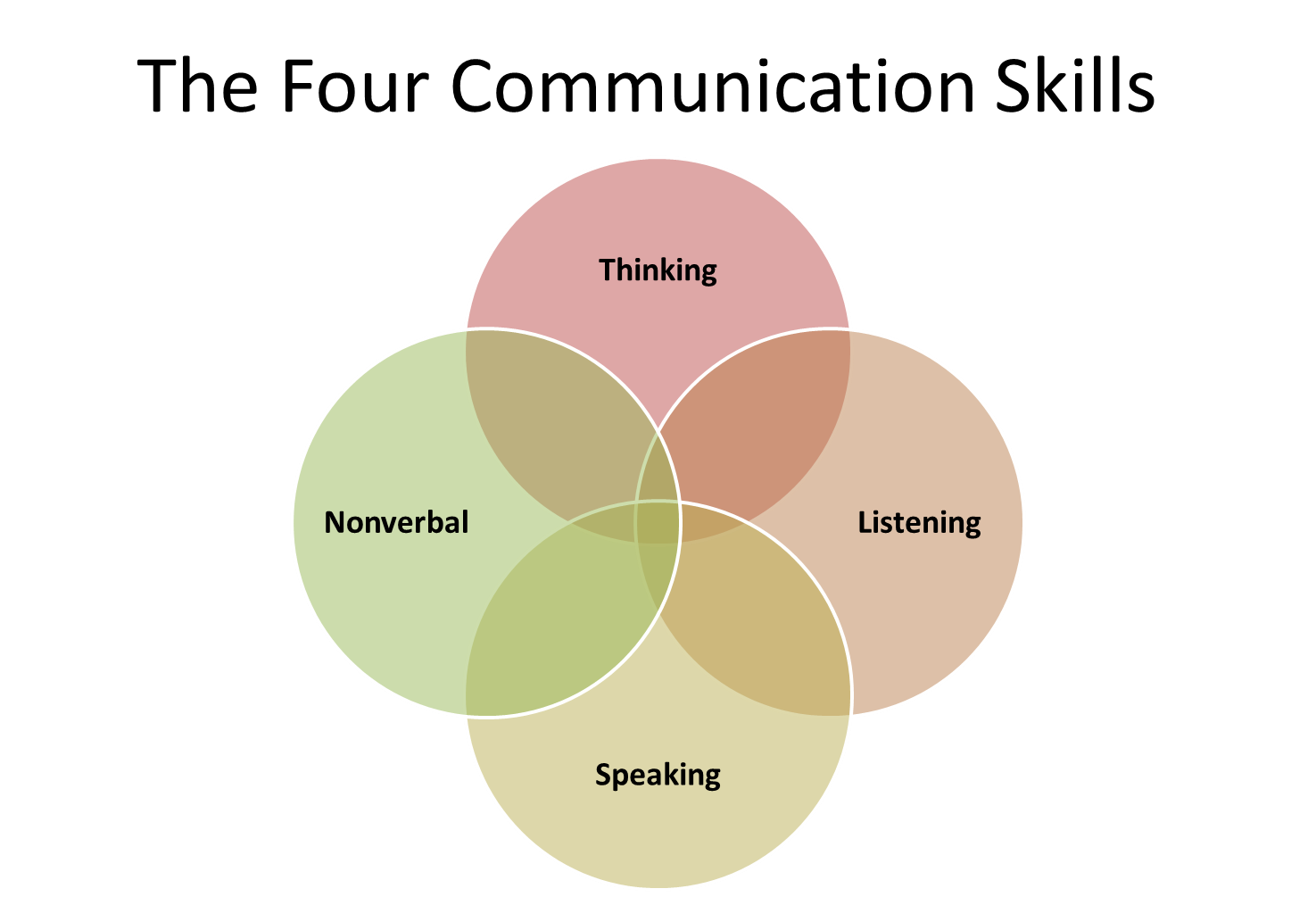For your blog this week, think about the similarities and differences between how you evaluated yourself as a communicator and how others evaluated you.
What is the one thing that surprised you the most? Why?
What other insights about communication did you gain this week? This was a very interesting week, an eye opening experience on how others perceptions of how I communicate are similar or different from my own. I chose to let a professional colleague and a neighbor evaluate how I communicate. The biggest variance I found was in the level on the verbal aggressiveness scale.
I scored myself as 64 or moderate level and others scored me much higher at a 76 or significant level. This means that I am portraying argumentativeness and attacking others positions or statements with verbal aggression. What some call verbal aggression, I call passion. It has been interesting to learn of their interpretation of my communication skills as aggressive. Now I will be more aware of this and self-observant/ reflective during communication interactions both professionally and personally. Being aware of this tendency will help others feel more comfortable in communicating in not only formal, but also informal situations.
As for the anxiety inventory and listening profile, all the scores were very similar, which validates that I am communicating well on some level.




